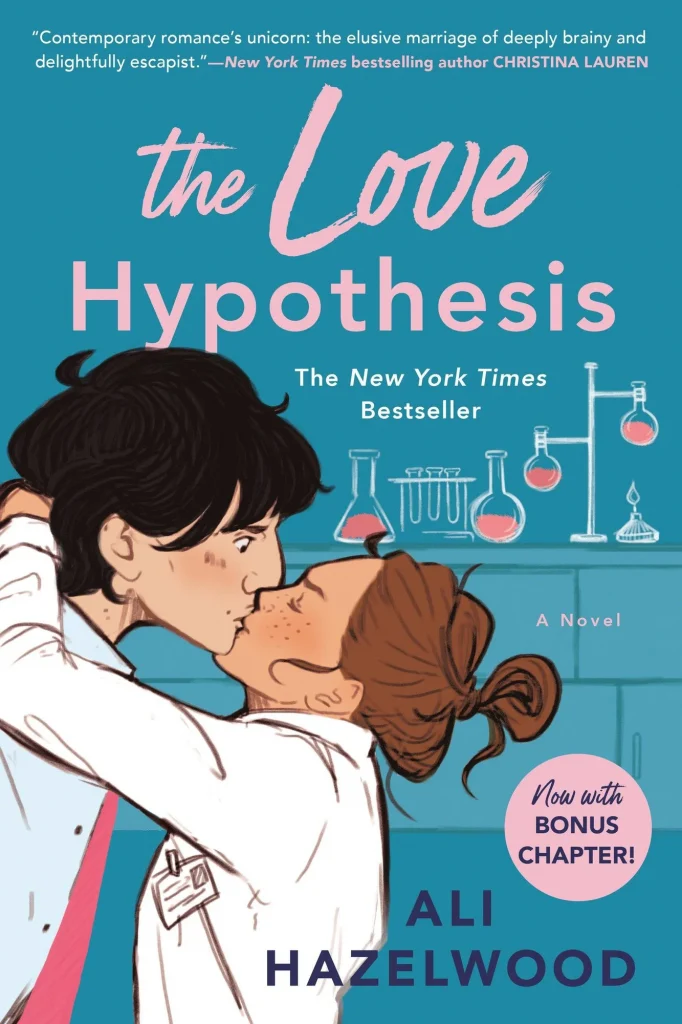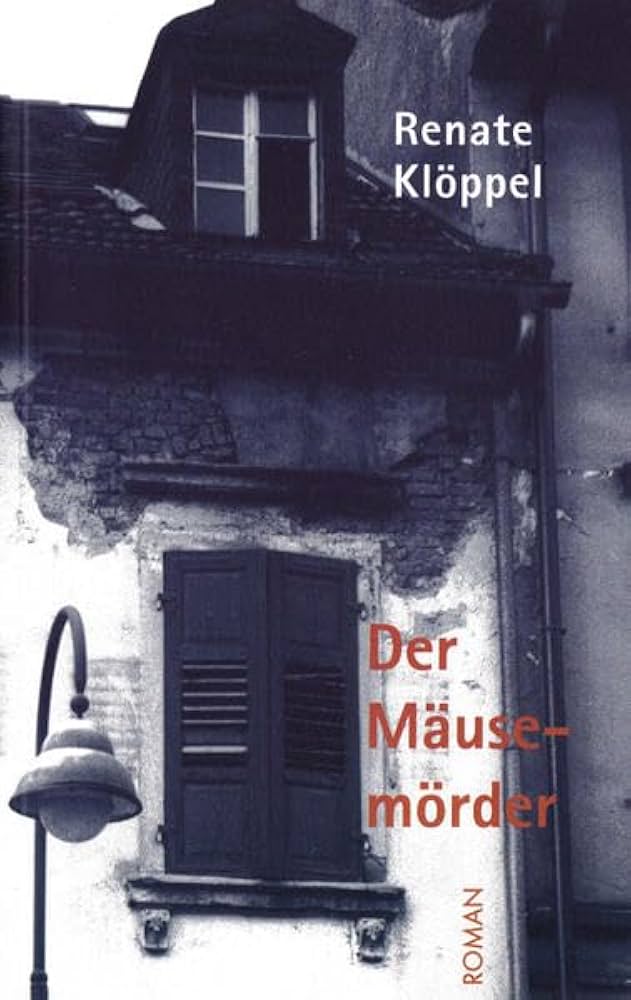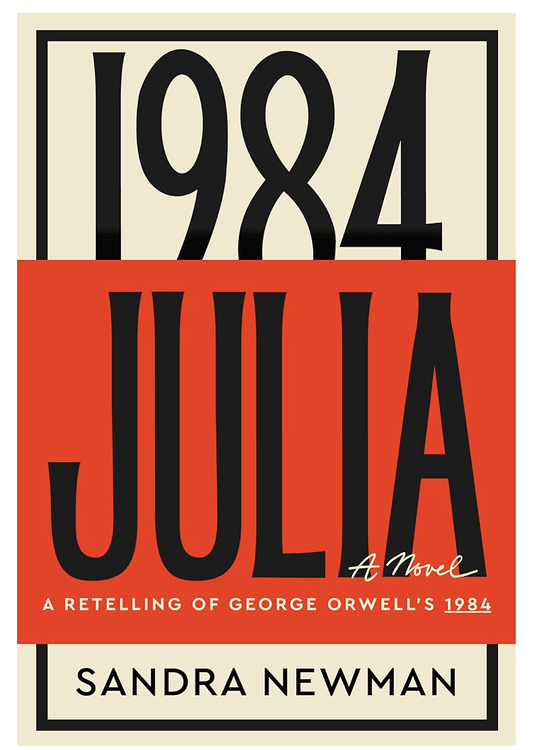Some quick reviews of books I recently read. Consider this a book club where only I get to speak.
Ali Hazelwood: The Love Hypothesis.

“Carry yourself with the confidence of a mediocre white man!”
Okay, so I read this because we have this thing at work where we read books that are related to our workplace and colleagues, yet are not academic publications of any sort. The next entrance on this list, Der Mäusemörder, is set at our workplace. Another book has been written by someone sharing a name with a prominent colleague. This one is set in a lab and centres around Olive, a PhD student, which is something many of my coworkers identify with, and the struggles that come along with it. Sounds good, but it is indeed the cheesiest girl-meets-boy romance novel. Ridiculous plot, very predictable and did I mention how ridiculous the whole thing is and how problematic and stereotypical here and there?? However, the writing is good and it’s a fun guilty pleasure read. Just switch off your critical thinker and most of your brain and enjoy the ride. If you work in science/academia you’ll have a laugh for sure. It is like Emily in Paris. You low-key hate it, especially for the plot developments, but you also love it and it is very entertaining. My biggest ick: Why is everyone always holding onto other people’s biceps??? Does the author not know about the concept of “arms”? So if you wanna be firmly held in Dr. Carlsen’s BICEPS, go ahead and get on this rollercoaster of academia soft porn and ridonculousness.
Renate Klöppel: Der Mäusemörder

Fun read if you work at Uniklinik Freiburg – mostly because of the characters that could be as easily based on any of your own co-workers. Its like Biohackers, to mention a second Netflix show in this review collection. You like it because you know everywhere from personal experience, and that’s why you tag along. I thought it started out quite intriguing with quirky characters. However, aforementioned characters are more stereotypes than mulitlayered personalities and also, the ending is so rushed, you whoa at how unspectacular and unsatisfying the case is solved. The best part about this book: since I read it, I’m working on a story set in my department so bonus points for inspiring me! In all seriousness though: an okay read with the homely feel of familiarity.
Sandra Newman: Julia. A Retelling of George Orwell’s 1984.

“Julia had settled down on her side and was already on the point of falling asleep.” [The Original 1984]
Was she tired? Probably. She always is, these days. But for once, her willingness to die in Morpheus’ arms had nothing to do with her state of exhaustion. She was instead incredibly bored by the book she was reading. A book that sounded a m a z i n g in concept but should have remained that. I must have read the source novel at least ten times, both in German and English, and it always leaves me devastated. The only bad thing I can say about Orwell’s masterpiece is that it brought us one of the worst reality TV franchises – looking at you, Big Brother. So along comes this woman and decides to explore Oceania from a feminist POV. Very en vogue, if you don’t mind me saying. Very woke. En vogue woke, to make it a tongue twister. Julia, the love interest of the original protagonist (to simplify their relationship) challenges Winston Smith’s view of living life according to the parties guidelines and naturally, to further explore her character and the female experience of Big Brother, sounded quite intriguing. A friend gave me the book, saying she found the first few pages tedious and just couldn’t get into it. Boy, was she right. I tried not to have too many expectations – there was no way it would be close to as good as it’s source material. And yet, they were still too high. Lo(w) and behold, this book is bad. So bad, I wrote my first scathing review on goodreads.com, labelled “brutal” by a follower. If you think of reading this book, I’d like for you to reconsider. Life ist short, time is precious and there is so much better literature out there.
Arne Dahl: Böses Blut

Er hob den Blick aus dem Morast des Pessimismus und widmete sich dem vergeblichen Kampf gegen das Böse.
If you’re into Scandinavian crime novels, solved cases alongside Henning Mankell’s Wallander, got drunk with Jo Nesbø‘s Harry Hole, and felt the snow with Miss Smilla, the gruesome counterpart of an Astrid-Lindgren tale, devoured the Stieg-Larsson trilogy and seen its movie adaptions, then you will enjoy this. I believe the success in Scandinavian crime literature lies in its ever so humble understatement. The most brutal. The opposite of the American in-your-face boldness. The crimes are no less bloody and gruesome yet the language they are described with remains factual, placid, prosaic. I could say, Scandi thrillers are as emotionally cold as the countries they are written in and very, very dark, at times. Definitely not a cosy read. Generally speaking, I feel more connected to the Wallanders, Hjelms, and Holes in this world than to [insert American thriller protagonist of your choice]. Hjelm, the lead investigator of “Bad Blood / Böses Blut” remains not one-dimensional but rather plain on paper. He really comes to live through the reader’s imagination and no two read Hjemls will be exactly the same. Same goes for his colleagues who are equally contributing to the plot. It’s a team solving this case, not your standard (anti)hero saves the day trope. Accordingly, the narrative perspective switches here and there. The writing is transparent, with unexpected humourus elements now and then, the pacing is neither too rushed nor too slow. Personally, I am not keen on too much politics in my crime novel sicne they are my escape from the real world, but Arne Dahl manages to keep it on a moderate level so it’s fine. A book that seems unspectacular at first but makes for a captivating Scandi-dark experience.
